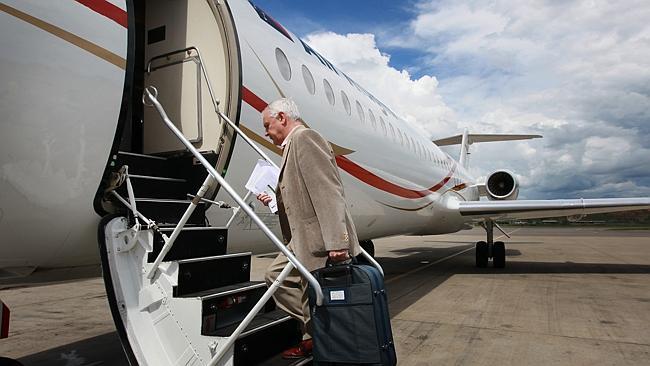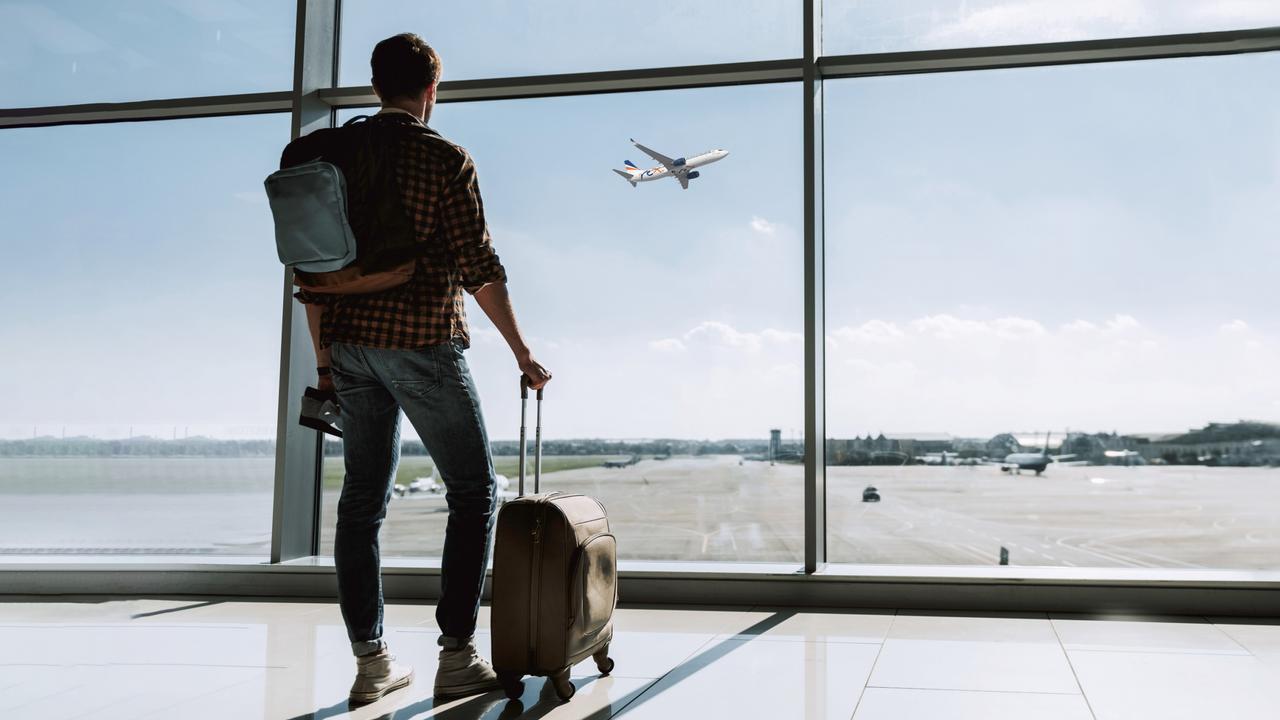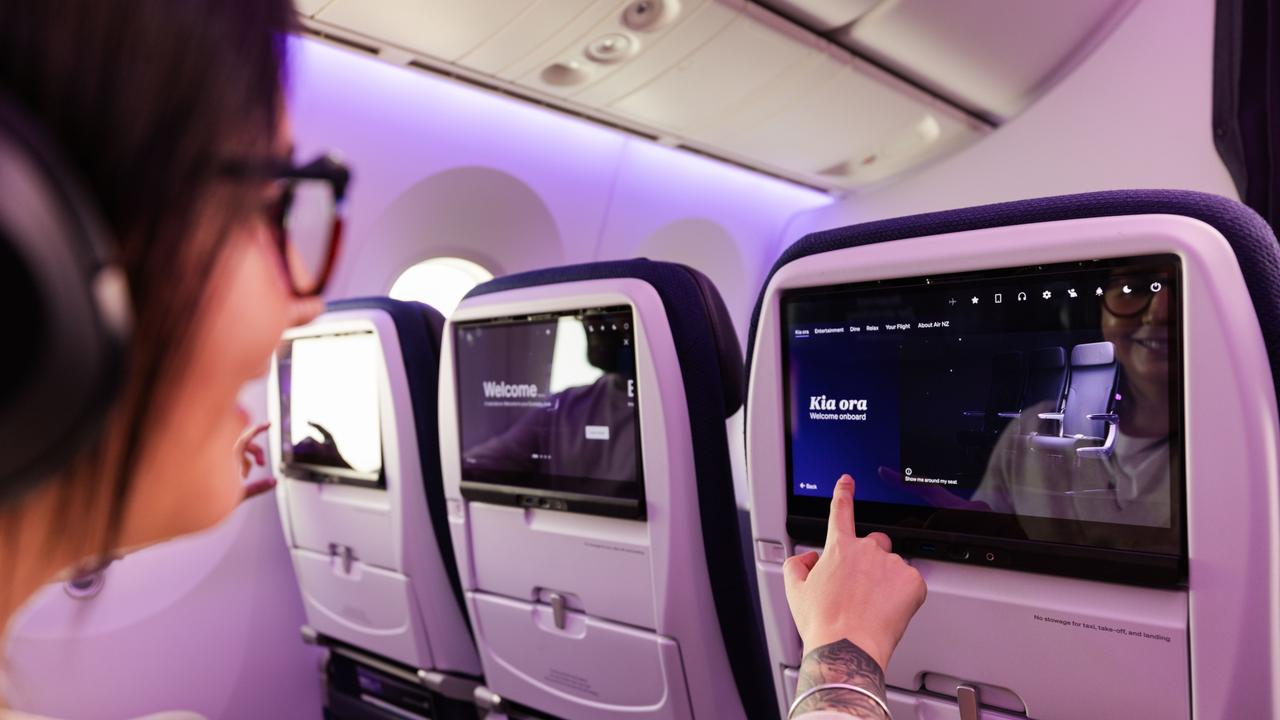Aircraft owners caught in PNG act
Aircraft owners flying in Papua New Guinea should watch out: a changed law means you may be disowning your property.

Aircraft owners flying in Papua New Guinea better watch out because a change in the law means you may be unwillingly disowning your aircraft.
PNG has just adopted a new Personal Property Security Act, which dramatically alters the principles of ownership of “personal” property, including planes, trains and automobiles.
Traditionally PNG had a rule that merely passing property to someone on loan or hire did not transfer ownership to them.
This can create problems when someone other than the owner has possession of the property, because they are often assumed to be legally entitled to it.
Innocent third parties have dealt with such people and discovered too late that they have transacted with someone who has no legal rights to the property.
Legal and financial systems around the world have grappled with how best to protect these third parties, usually lenders or potential purchasers, in circumstances where ownership and possession are split.
In PNG there has been a system of registration of various interests and claims to property under the Instruments Act, including liens (rights to seize or claim the aircraft, pending payment) and charges against aircraft under the Civil Aviation Act.
The CAA registers have two compulsory elements: registration of the right to possession of the aircraft in PNG for 28 days or longer; and registration of liens.
Aside from these elements and a vague discretionary power granted to the director of civil aviation to record other financial interests, no other register of ownership exists. This means where an aircraft in PNG is in the possession of a charterer or hirer, determining the true owner using only the registers is very difficult.
Typically the charter or leasing document will identify the true owner of an aircraft and, where there is no competing claimant, all is well and good. Unfortunately, charterers or hirers doing it tough have been known to sell aircraft or to use them to secure loans.
Previously, the “loan or hire does not pass ownership” rule has protected the true owner.
The introduction of the PPSA fundamentally changes the ownership rules in PNG.
Under the PPSA, any third-party lender or purchaser who transacts with someone in possession of personal property will be treated as having dealt with the true owner.
The true owner will be protected only if they have registered their interest in the new PPS Registry before the third-party claimant registers theirs.
While the PPSA provides that an interest registered under the CAA will always take priority, commonly where an aircraft is simply on charter or lease in PNG the true owner does not have a registered interest under the CAA unless they have actually registered their “ownership” interest.
As noted earlier, an aircraft will not be on the register if it is in PNG for less than 28 days and, even then, it is the right to operate the aircraft, not ownership of it, that is registered (The Helicopter Services Australia Pty Ltd v The Helicopter Services Niugini Ltd per Hartshorn J).
Erik Andersen and Paul Cullen are partners in the Port Moresby office of law firm Gadens.



To join the conversation, please log in. Don't have an account? Register
Join the conversation, you are commenting as Logout